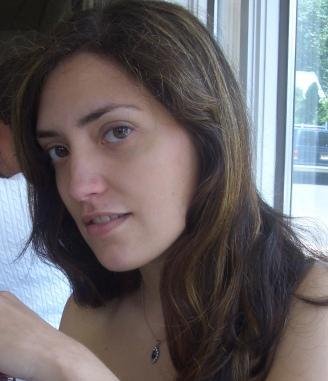Whither the protecting group?

Kudos to Phil Baran's group, who have just published in the journal Nature describing protecting-group (PG) free syntheses of members of the hapalindole, fischerindole, welwitindolinone and ambiguine families.
the ref: Nature 2007, 446, 404-408.
His group has published the enantioselective total synthesis of some of these compounds before (see, for instance, JACS 2005, 127, 15394-96.) but I'm guessing Nature deemed this worthy because of its unified application of a few big philosophies of organic synthesis (ie, atom economy and convergency) while trying to evaluate the pros and cons of going PG-free, as well as its overarching call for hearkening back to the early days, when men were men and syntheses were PG-free. That, and they optimized the routes to welwitindolinone and fischerindole to get higher yields.
So what is a protecting group? For organic chemists, they are a way of reining in the more unruly sections of the molecule you happen to be making. To be more specific, it's necessary to mask parts of the molecule that are likely to behave in some way other than what you'd like, or that refuse to "go along quietly" when some other part of your molecule needs attention.
For a great description, take a look here for Dylan Stiles' (aka Tenderbutton's) rather prescient article about the protecting group and some classic examples thereof.
Is the "PG-free way" really Mother Nature's way? If not, is her favorite protecting group the MOM group?
I think that some masked chemical reactivity exists in the biological world. I hope that my more scientifically inclined readers won't take offense at my stretching an analogy just a bit for the sake of a blog entry.
Take enzymes like proteases. Proteases break the bonds that link up the fundamental building blocks in proteins, and they're involved in many important roles in the body, from blood clotting to cell death. It's extremely important that proteases be exquisitely regulated, so that they don't start chopping up proteins willy-nilly. The "protecting groups" for proteases are in place at the beginning, during their production. Proteases are built as inactive forms known as zymogens, and in order to reveal the active protease, there's a little sliver of protein (called a peptide) that's got to get lopped off.
the ref: Nature 1999, 402, 373-376.
That isn't the only mechanism for regulating proteolysis. You can imagine that if a protease somehow gets activated at the wrong time, or in an out-of-control way, there would be dire consequences (ie, too much protease activity could contribute to stroke or alzheimer's).
When that happens, one natural defense mechanism is the serpin class of proteins. Serpins permanantly (covalently) inhibit proteases, mostly the serine type.
Incidentally, this is the most chemistry I've ever seen in an issue of Nature. Besides the Baran paper and the intro to it by Porco, there's a great piece by Bergman on C-H activation and a review by Toste. Plus, there's an article about chemistry in the NatureJobs section.
UPDATE 3/24: I should've realized Nature did that to coincide with the ACS national meeting.
Labels: literature

